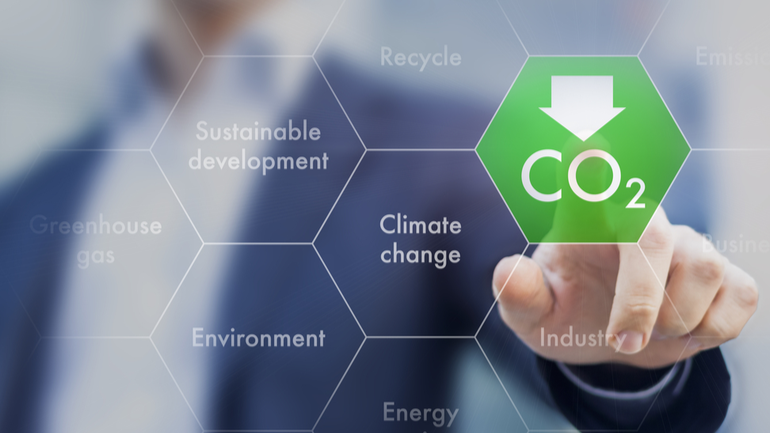Climate change casts a menacing shadow over the infrastructure underpinning the Internet, including fiber optic cables and colocation facilities. The predicament Saint-Martin island faced after Hurricane Irma’s assault prompted Setics Sttar to reimagine their rebuilding strategy. Subterranean framework emerged as a key defense against future environmental disasters, demonstrating the necessity to fuse climate risk considerations with infrastructure planning. Seeking a climate risk assessment for your FTTH Network design has become not only optimal but essential in the face of a changing world.
The Met Office has launched its Climate Data Portal, providing telecoms organizations with enhanced access to climate data and resources to improve their understanding and response to climate change. As part of the Met Office’s broader data optimization strategy, the portal offers 60 different data layers, along with guidance and information.
One of the most important lessons society has learned from being stranded at home and unable to travel during a pandemic, is that once carbon emissions fall, the benefits materialize remarkably quickly. What have telecommunications providers learned during this time? That due to the staggering demand for digital communications at this time, the global telecom infrastructure has been forced to consume more energy than ever before, increasing the carbon footprint.
Axiata Group, a Malaysian multinational telecommunications group with widespread operations in Asia, has signed a commitment to the Science-Based Target Initiative (SBTi), formalizing their intention to set a long-term science-based target of reaching net-zero carbon emissions by 2050. Axiata claimed in a statement that it is the first Malaysian telecommunications provider to implement the SBTi, joining more than 50 mobile carriers worldwide in rapidly addressing climate action. The Carbon Disclosure Project (CDP), the United Nations Global Compact (UNGC), the World Resources Institute (WRI) and the World Wide Fund for Nature (WWF) are driving this project, and the SBTi is the primary partner of the Business Ambition initiative for the 1.5°C campaign. The Science Based Targets project, in collaboration with the UN Global Compact and the We Mean Business Coalition, is leading the Business Ambition for 1.5°C. This campaign is an urgent call to action for businesses to establish…







